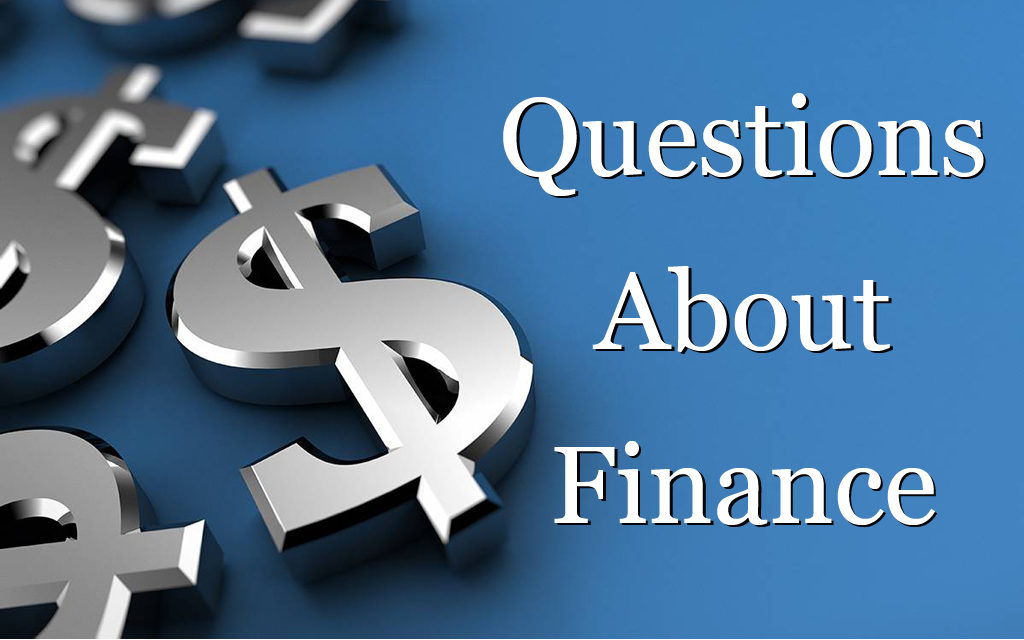By Taylor J. Kovar – CEO/Founder, Kovar Wealth Management
–Hi Taylor – I just got a promotion and it looks like I’ll finally be able to pay my bills and start saving. I still have some credit card debt and also want to start saving for retirement, so I’m wondering—what should I do first?
–Hey Elsa – Congrats on the new gig! Sounds like this is a big shift for you. You can start doing a lot of exciting things with your money soon, but let’s make sure you take the right steps in the right order to set yourself up for success.
- Emergency savings. Debt relief and investing have a lot more allure, but having a little security net in place can make all the difference when it comes to long-term financial success. Ideally, you want enough saved up to float you for 3-6 months if something were to happen that kept you from working. Without an emergency fund, an unexpected injury or car problem will drive you right back into debt, so that’s why I always urge clients to get the safety net established before moving on to the next order of business.
- Pay down debt. I’d like you to save for retirement while you pay off your credit cards, but if we’re choosing where the extra $25 should go in a given month, let’s hammer those credit card balances until they’re gone. Student loan debt is a little different since it usually has a lower rate, so you can focus on paying the minimum there while contributing as much as possible to an IRA. With credit cards, the interest rates can be so brutal that you really need to get those off the books to maximize your saving potential. Don’t ignore your investments while you have debt, but make those credit card balances your primary focus.
- Grow that wealth. Now the fun part. If your work has a 401(k) with a good employer match (4% or higher), go ahead and contribute there. I like IRAs better than 401(k)s but you should take advantage of what’s available to you. Also, consider opening your own account online to buy stocks, and then start thinking about the other purchases you want to make down the road. Saving for a house, saving to start your own business, or investing in a side hustle, whatever it might be. Make sure you save with purpose instead of just socking money away in a low-interest savings account. The more you invest now, the longer your money has to grow and pay dividends.
Everyone’s journey is a little different, but the progression of emergency savings–>debt repayment–>investing is pretty tried and true. Good luck, Elsa!




